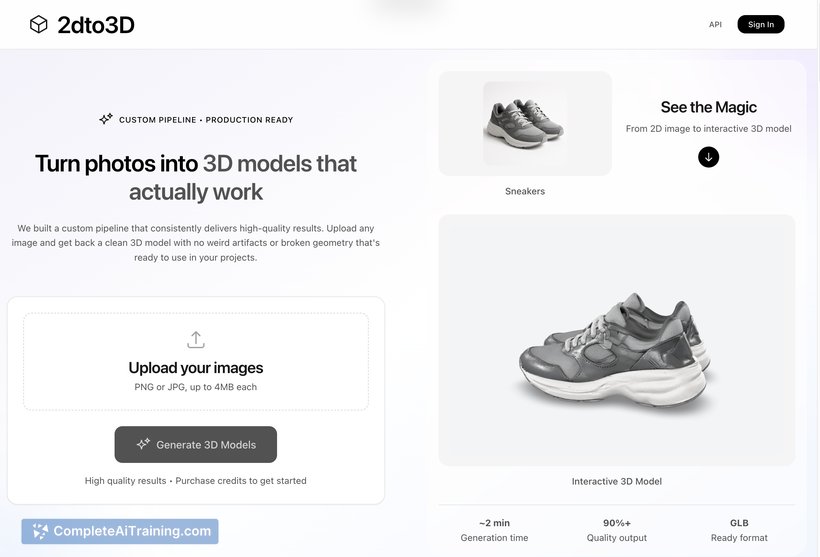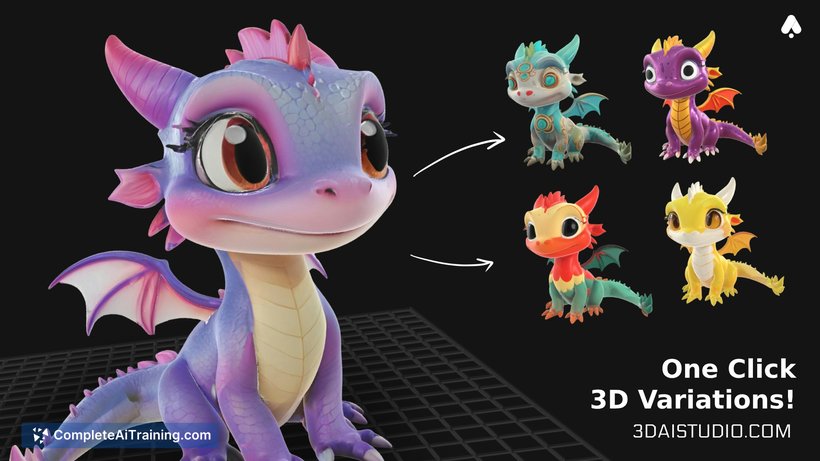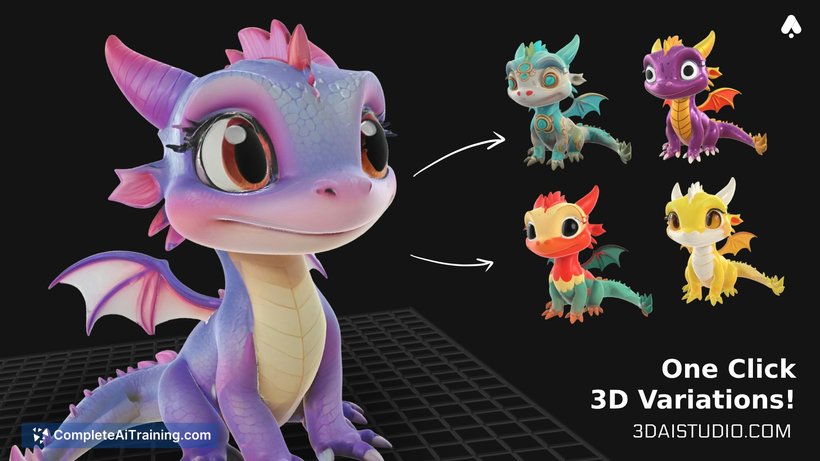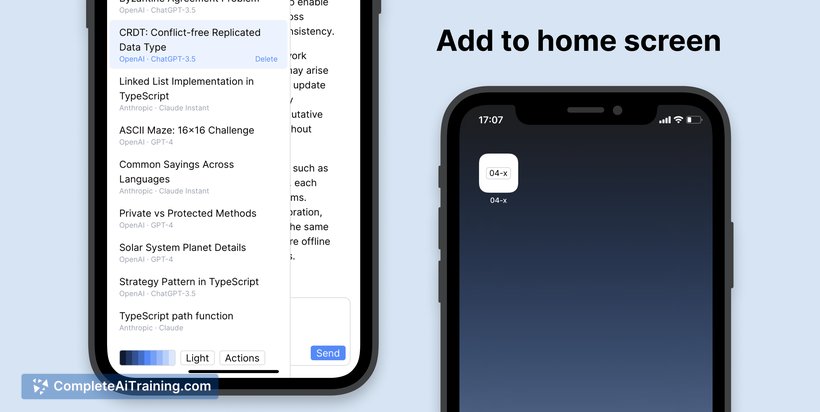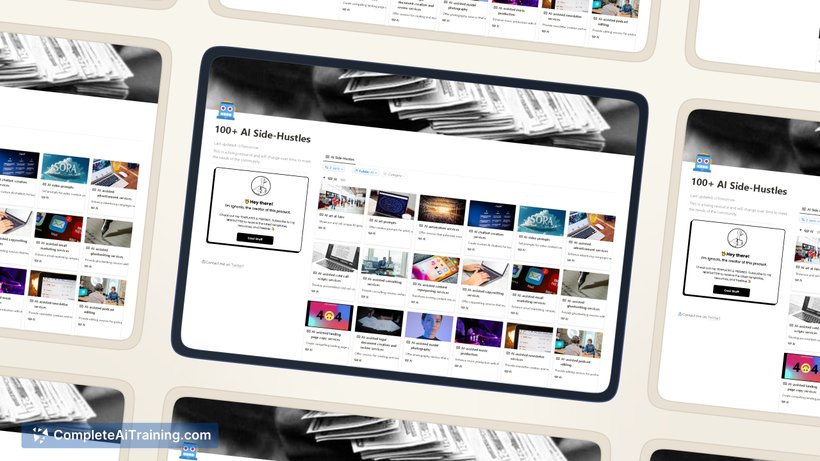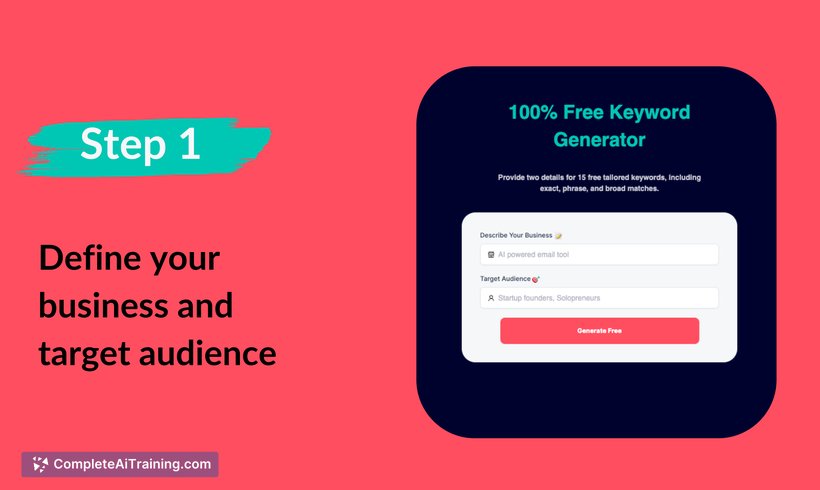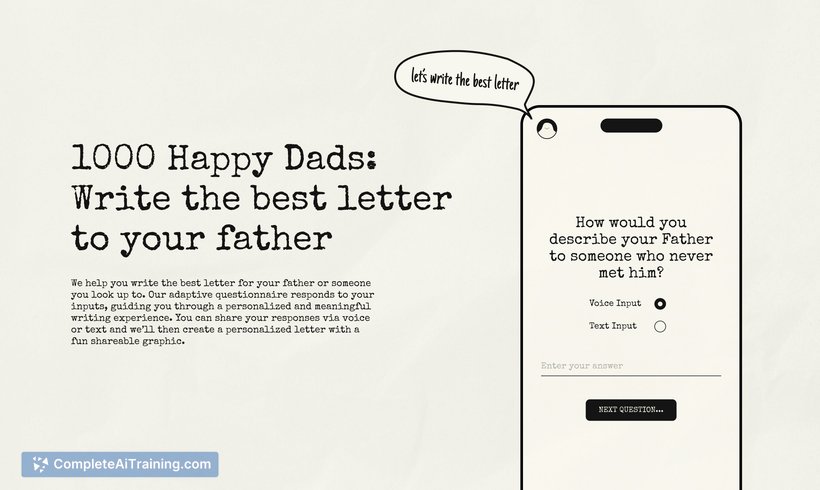Banani
Banani is a Figma plugin that empowers designers to create and refine UI designs through simple prompts. It leverages AI to integrate design systems, adapt to specific styles, and boost collaboration, making it perfect for rapid prototyping and efficient teamwork.
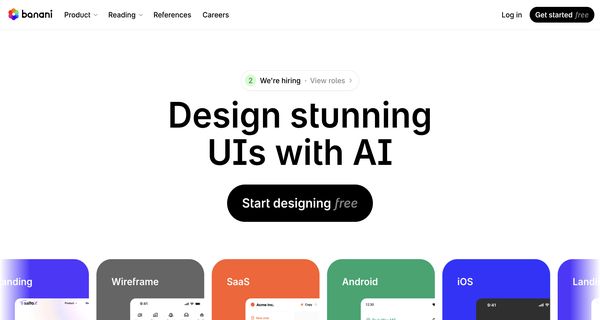
About: Banani
Banani is a sophisticated Figma plugin designed to revolutionize UI design by enabling users to generate and modify interface elements through natural language prompts. This AI-driven copilot seamlessly integrates with existing design systems, tailoring outputs to align with specific tones and preferred design references. Its core functionality not only accelerates the design process but also enhances collaboration, making it ideal for teams working on rapid prototypes.
Key features include a multiplayer mode that facilitates real-time teamwork, ensuring that all members can contribute and iterate simultaneously. Additionally, Banani allows for easy import and export of designs, streamlining workflows within Figma. Its cross-platform accessibility and advanced feedback visualization capabilities further empower designers to refine their work effectively.
Banani is particularly valuable for those looking to save time on repetitive design tasks, improve team collaboration, and boost overall productivity. By transforming the traditional UI design workflow, Banani stands out as an essential tool for designers aiming to enhance their creative process.
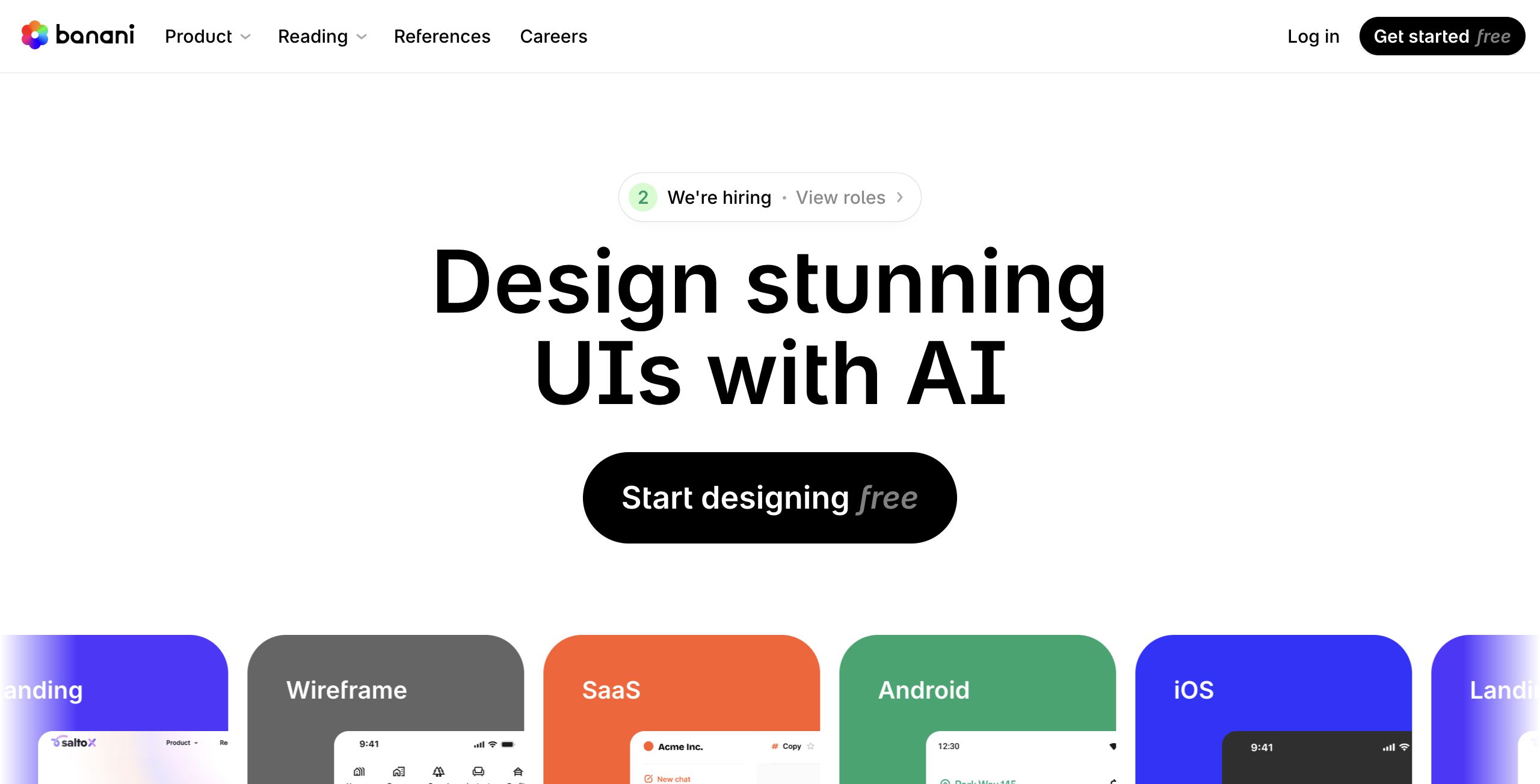
Review: Banani
Introduction
Banani is a Figma plugin designed to streamline the UI design process using natural language prompts. It is developed for designers, product managers, and even individuals with limited design experience who are looking to generate and edit user interfaces quickly and collaboratively. In today’s fast-paced design landscape, tools like Banani are becoming increasingly relevant as they offer rapid prototyping capabilities and enhance creative productivity directly within established design systems.
Key Features
Banani stands out as an advanced AI copilot for UI design by integrating several innovative functionalities:
- Natural Language Interface: Designers can generate and edit UI designs simply by typing descriptions. This ease of use significantly reduces the manual workload typically associated with UI creation.
- Figma Integration: The tool works seamlessly with Figma, allowing users to import and export designs effortlessly, which ensures that it fits naturally into existing design workflows.
- Design Customization: Banani adapts to specific design systems and preferred tones of voice. Its ability to adjust color schemes, fonts, and visual styles based on feedback makes it versatile for various design projects.
- Collaborative Features: With multiplayer support, team members can work together in real time, making collaborative design revisions smooth and efficient.
- Rapid Prototyping: Generate interactive, multi-screen, and editable prototypes in seconds, ensuring that design concepts are quickly translated from ideas into tangible visuals.
Pricing and Value
Based on the information available on the website, Banani appears to offer a free starting point, as indicated by multiple “Get started free” calls-to-action. This makes it accessible to a wide range of users, from students to professionals exploring or integrating AI into their design process. The free access allows users to experience the tool’s capabilities before committing to any premium offerings, making it a cost-effective solution in the competitive landscape of UI design tools.
Pros and Cons
- Pros:
- Streamlines UI design with natural language commands.
- Seamless integration with Figma, supporting an existing design ecosystem.
- Supports rapid prototyping and interactive design generation.
- Collaborative features enhance team productivity.
- Accessible for both seasoned designers and beginners, especially with a free starting option.
- Cons:
- The reliance on AI-driven prompts might limit nuanced creative control for advanced designers.
- Users may face a learning curve when integrating AI suggestions with traditional design workflows.
- Customization may require further refinement for complex, highly tailored design needs.
Final Verdict
Banani is a compelling solution for anyone looking to simplify and accelerate the UI design process. Designers, product managers, students, and even indie hackers will appreciate its intuitive approach to turning text prompts into interactive designs. While the reliance on AI might not cater to those who demand complete manual control over every design detail, its collaborative and rapid prototyping features make it an excellent choice for teams and individuals aiming for efficient workflows. Overall, Banani is highly recommended for those who want to enhance creativity and productivity in their design process without extensive technical overhead.
Open 'Banani' Website
Join thousands of clients on the #1 AI Learning Platform
Explore just a few of the organizations that trust Complete AI Training to future-proof their teams.


